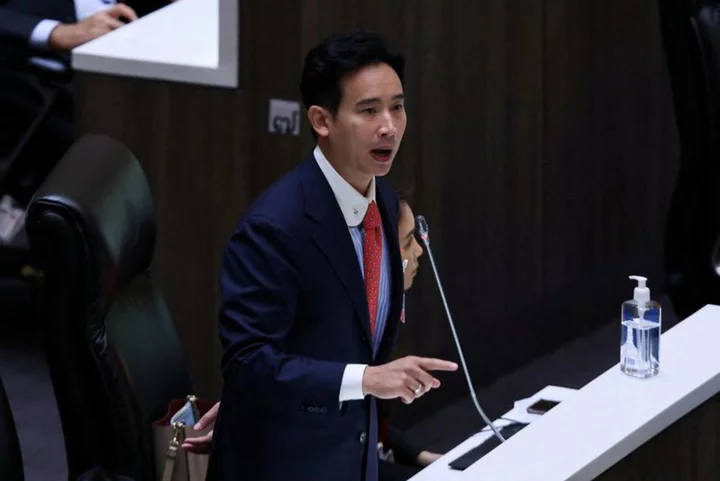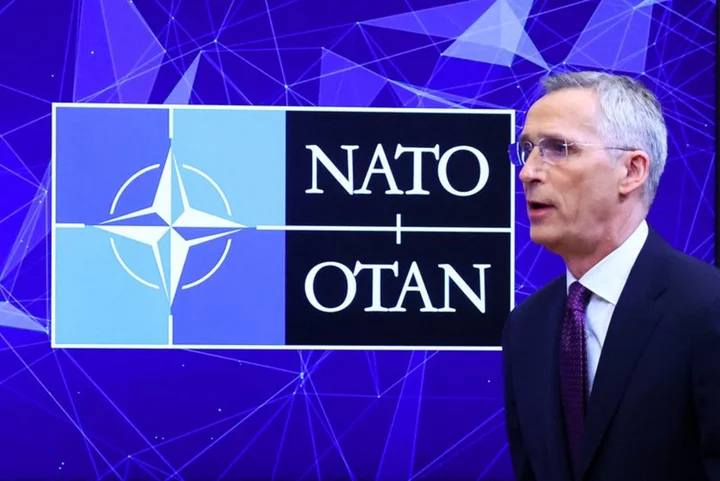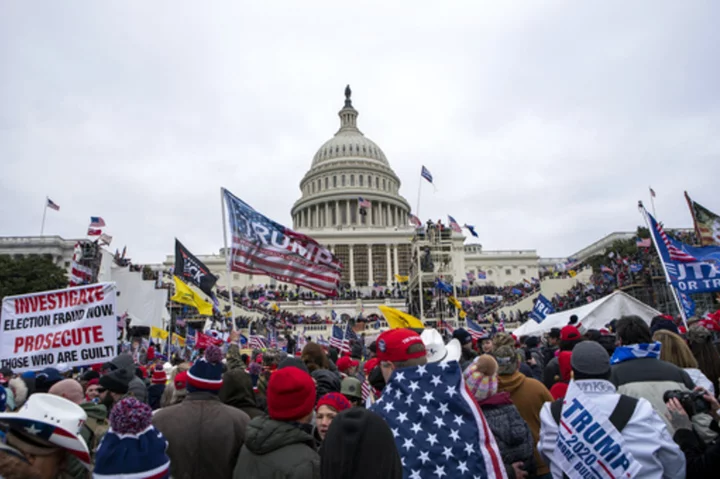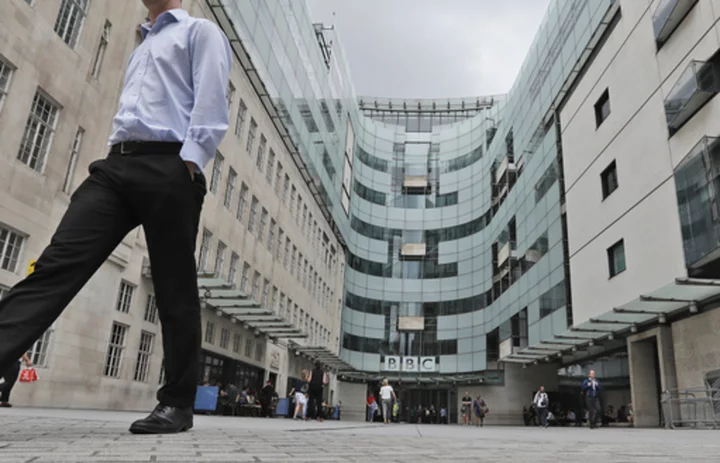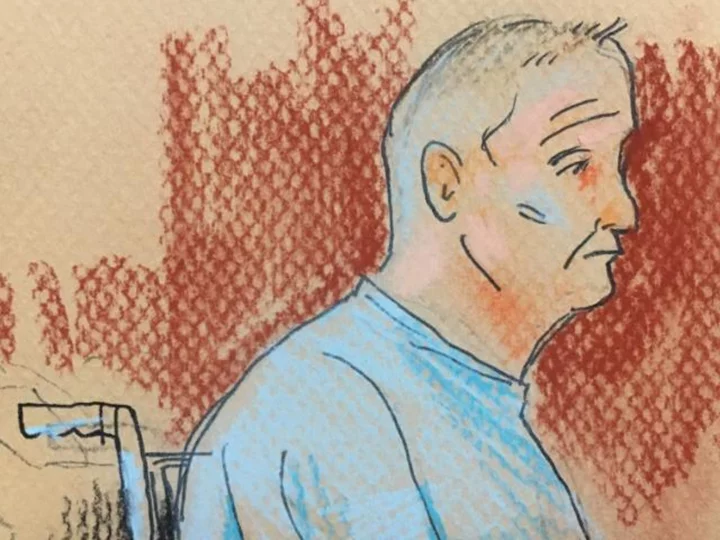By Martin Petty
BANGKOK (Reuters) -Thailand's parliament will hold a second vote on a new prime minister on Wednesday, more than two months since the liberal Move Forward Party's surprise election triumph over rivals allied with the military.
An eight-party alliance has pledged its backing for Move Forward leader Pita Limjaroenrat, despite his defeat in the first vote on July 13.
WHAT HAPPENED IN THE VOTE?
Pita was unopposed but could not get the requisite backing of more than half of the bicameral legislature comprising an elected lower house and an appointed Senate.
Though about 60% of the lower house supported him, he was thwarted by the mainly conservative Senate, whose members were chosen by a junta after a 2014 coup.
Pita was 51 votes short of the 375 needed, as opponents closed ranks to deny him with a host of abstentions and no-shows. He was backed by only 13 of the 249 senators.
WHY WAS PITA NOT ENDORSED?
The main stumbling block is Move Forward's plan to amend article 112 of the criminal code prohibiting insults of the monarchy, which royalist opponents see as crossing a red line. Thailand's constitution states the king is "enthroned in a position of revered worship".
Move Forward's anti-establishment reform agenda goes beyond that, however, targeting business monopolies and institutions long considered untouchable. There are powerful interests that stand to lose if Pita succeeds.
Chief among those is a royalist military with a penchant for coups and re-drafting constitutions to protect its interests and those of a conservative establishment that has influenced politics for decades.
The appointed Senate, essentially a bulwark against elected politicians, was part of a constitutional system designed by the military.
CAN PITA WIN THE SECOND VOTE?
He is optimistic but there is no indication his alliance has lobbied sufficiently for the votes needed to get him over the threshold.
Three conservative, non-alliance parties with a combined 106 seats said on Tuesday they could not back a candidate who wants to amend article 112.
Move Forward believes senators were pressured to block Pita, many against their will. They have come under fierce public criticism since Pita's defeat, accused of acting against the public will. It is unclear if that might sway them.
ARE THERE OTHER OBSTACLES?
Several influential senators will challenge Pita's nomination by arguing that a motion that failed to win endorsement before cannot be put forward again. That could delay the vote.
A separate concern for Move Forward is possible intervention by the Constitutional Court to suspend Pita from duty as a lawmaker. It will consider a case on Wednesday - the same day as the vote - that seeks his disqualification over a shareholding deemed to have broken electoral rules.
The same court announced on the eve of the last vote that it had accepted a separate case against Move Forward over its policy on the royal insult law.
WHAT IF PITA FAILS AGAIN?
He has said he would make way for partner the Pheu Thai party to nominate one of its candidates if he fails, so the alliance can still form a government.
Pheu Thai, the most dominant party in Thai election history, has a bitter history with the military establishment, which toppled three of its governments. It could face the same parliamentary obstacles as Move Forward, especially if it remains its alliance partner.
CAN PHEU THAI SUCCEED?
Pheu Thai's founders, the billionaire Shinawatra family, remain divisive and they will back a family outsider for premier. Paetongtarn Shinawatra, herself a possible candidate, on Tuesday said their candidate would be Srettha Thavisin, 60, a property tycoon and political newcomer popular in the business community.
If Pheu Thai cannot get the votes, a deal with some of its conservative enemies might be its only chance of governing again. But that arrangement would almost certainly exclude Move Forward.
The prime ministerial candidate in that scenario would probably be former army chief Prawit Wongsuwan, 77, a behind-the-scenes dealmaker with deep connections, who was involved in two coups against Shinawatra governments. The general has touted himself as a leader who can foster political unity.
(Reporting by Panarat Thepgumpanat, Panu Wongcha-um and Martin Petty; editing by Robert Birsel)

